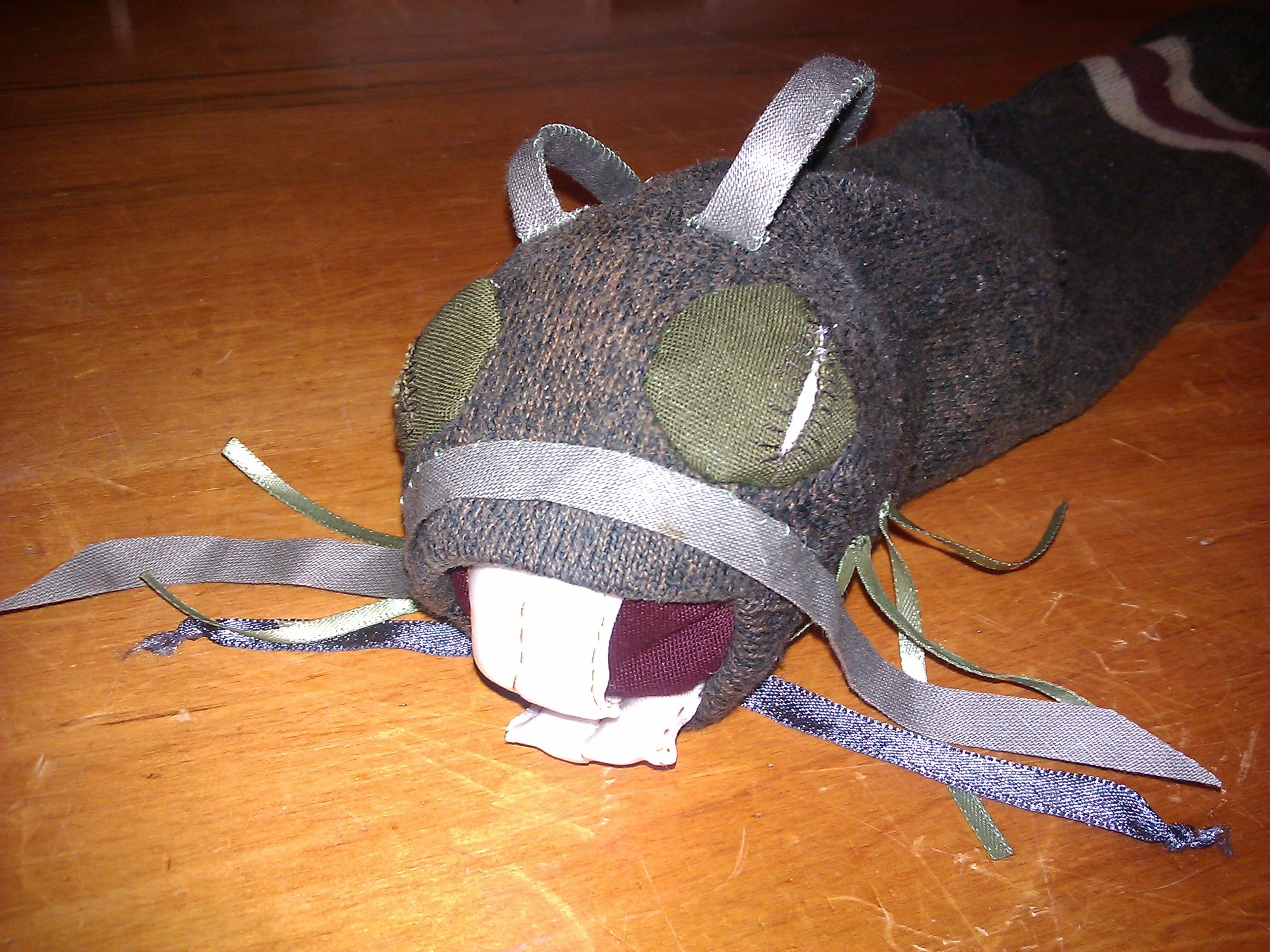Today I wrote those magic words: The End.
I’ve been working on this particular WIP since before I started this blog, so long I can’t even remember when I first had the dream that started it.
This isn’t actually the first draft as such, it’s the first full draft. The first first draft (with its many rewritten beginnings and approximate word-count of 27,387) lay down and died of apathy in June last year, and by that October I was ready to hit the road running, having taken some time to plan.
Admittedly, I did at that point think I could finish the first draft by the end of the year while working full-time. I did finish it by the end of the year, just not that year.
The reason it took so long is that it is so long: the approximate final word-count was 158,840 words. Yup. One hundred and fifty-eight thousand, eight hundred and forty. There are languages with fewer words than that.
The reason for this length, I suspect, is that I wrote down everything. Screeds of stuff that I know won’t be in the final draft, details that are inessential to the plot, but all things that I needed to know. I couldn’t just write “She climbed the cliff-face,” I had to know each hand- and foot-hold. (And now that I know, I can edit them out.)
That’s one of the many insights I’ve had about myself as a writer during the course of this draft. There have been a few.
I work best in big chunks, since it takes me so long to pick up the threads.
A short stint is more fruitful than nothing, but more frustrating (see above).
Inspiration can strike at any time, but a pen acts as a lightning rod. A pen in the hand, that is. Lightning rods don’t lie flat.
I need to re-learn the mechanics of writing, so my wrist and hand don’t start to ache after six pages or so.
When I’m writing, I often appear to be staring out the window. I don’t always see what’s happening outside. (I brake break for posties!)
Once I know exactly what happens next, I can hit speeds that surprise even me: yesterday I wrote eighteen pages. Long-hand. In the last week, I wrote over fifty pages, forty-two of them in three days. (Yes, my wrist hurts.)
According to some, the current length is “epic”, although I’m sure it’ll be much smaller once I’ve finished the doubtless epic series of rewrites that lie ahead of me.
But not just yet. I think I’ll potter for the rest of the month, and probably work on something else first in the new year, just to give myself the distance that lends perspective.
And to celebrate my “epic” achievement, I’m going to invest in a brand-new shiny fountain pen, just like I promised myself.







